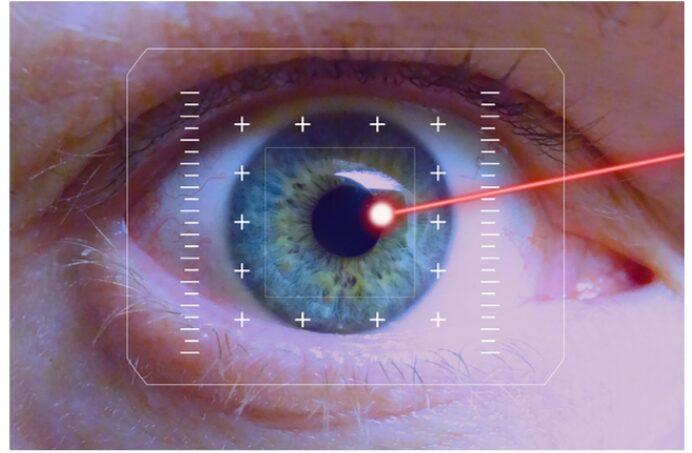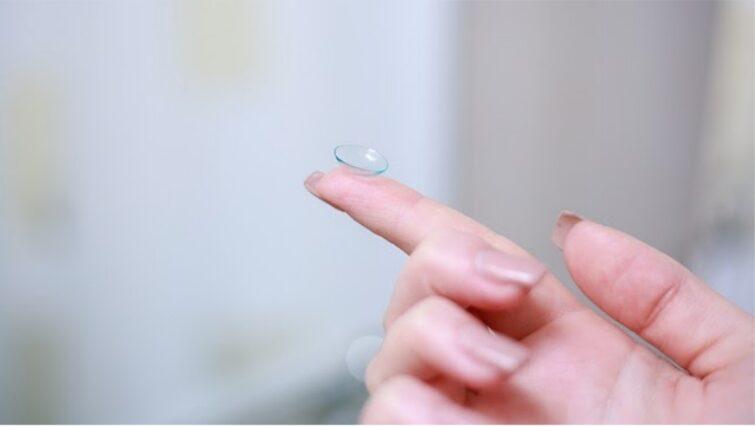Tired of wearing glasses? Do you ever ask yourself what steps you can take to remedy the situation including improving your overall looks and even more important, possibly improving your eyesight? Please read on:
Some of us have been born with a little bit of a problem in our vision or the case of adulthood, the years have caught up with us and we need glasses to aid us in seeing things clearly.
However, wearing glasses can be somewhat annoying. You can’t play your favorite sport like basketball, volleyball, or even the simple game of ping pong. There are cases when you forget to bring your much-needed eyewear and you can’t enjoy watching the games with your friends.

Whatever your reason is for wanting to do away with prescription glasses, what’s important is there are alternatives. What are they, you ask? Please read on to find out.
6 Alternatives To Wearing Glasses
-
LASIK
If you have not heard of it, it stands for Laser-Assisted In Situ Keratomileusis. A kind of refractive surgery to correct vision defects. LASIK Omaha procedure involves removing the surface layer of your cornea and lifting it to reveal the underlying corneal tissue. This tissue is reshaped using a laser to correct any anomalies that prohibit you from seeing clearly. Then the corneal surface is placed back to cover and protect your eyes.
LASIK surgeries are used to correct vision problems such as nearsightedness, farsightedness, and astigmatism. It is the most known eye surgery for correcting such conditions and is available in almost all eye clinics that perform eye correction procedures. However, since LASIK is a very delicate procedure, you should only agree to do one if you find a highly experienced refractive eye surgeon.

-
PRK
Another laser procedure for correcting refractive eye problems is the PRK or Photorefractive Keratectomy. The procedure in correcting vision impairment using PRK is somewhat similar to LASIK. The only difference is the surface layer of the cornea is discarded and the eye is left to heal for a few days. Because of this, the recovery time for PRK surgeries is longer than LASIK procedures.
The surgery itself only lasts for 5 to 15 minutes and you may feel some discomfort for three days after the surgery. You won’t need any anesthesia for the procedure but might be inclined to ease the discomfort through over-the-counter pain medication. While your eyes are recovering, you may notice that you are more sensitive to light and see halos or bursts of lights. This is only natural and it gets better as you heal. But if the discomfort is too much for you, you should consult your ophthalmologist to confirm your eye’s health.
If you don’t like the idea of eye surgeries, other medical science innovations are available to solve your vision problems.
-
Implantable Contact Lenses (ICL/PCL)
A less invasive procedure than laser surgeries for the eyes is implantable contact lenses. They are similar to the contact lenses you know but are designed to stay for longer and not irritate your cornea and other surfaces of your optics. This vision impairment corrective option has delivered good quality results to patients and is much cheaper than laser procedures. The downside is that since it essentially is a lens but just inside your eyes, it needs to be changed when the power or grade of your sight changes through time.
-
Contact Lenses
The good old contact lens or contacts has been the most popular alternative for wearing glasses since its invention in 1887. Yes, our old pal is really old.

However effective they may be in correcting your sight problems, it is to be worn only occasionally. That is because contact lenses deprive your eyes of oxygen that is never good for your cornea and may later develop into more serious conditions that could be deadly.
If your vision problem is not that severe that you only need to wear glasses from time to time, then using contact lenses is probably right for you. But remember to religiously follow proper hygiene that’s always in the lens solution bottles. Contact lenses can also be your temporary vision solution while waiting for refractive surgery to happen.
-
Ortho -K
This is totally a non-procedure and non-insertion option for correcting your sight difficulty issues. Ortho-K or Orthokeratology is done by sleeping in with a designed lens to slowly and gently reshape your cornea. As you may have guessed, the treatment takes a while at an average of two weeks. You would also use three different ortho-k lenses before you achieve the maximum vision correction.
Although this process of treating vision problems is effective, you are obliged to use a retainer lens much like a contact lens to continue your clear vision. Once you stop using the ortho-k lenses, your eyes will flatten for a while but will go back to their original shape and your eyes need to be repaired again.
-
Eye Therapy
Eye therapy or vision therapy is a new kind of eye rehabilitation where the eyes are exercised to correct any vision defects. This is primarily used for children who have difficulty in reading and visual processing. As defined by the American Association for Ophthalmology, vision therapy attempts to improve the visual skills and abilities of a child and correct their visual processing.
The program consists of supervised clinic and home exercises for a period of a few weeks to months. It uses training glasses, prisms, filters, balance boards, etc. to aid in correcting any visual processing difficulties in kids as well as adults.
Vision impairment is not new to anybody, be it caused by genetics or a lifestyle hazard. Caring for your eyes is ultimately the best solution to avoid having to wear glasses and squinting when reading or trying to make out something that’s near or further away from you.
But if circumstances call for correcting your sense of sight issues, there are certainly other alternatives besides wearing those sometimes uncomfortable lenses. One thing that you have to keep in mind, every correction to the body has its risks you would have to accept and live with. So be sure that whatever vision correction solution you choose, you are ready to stand by your decision.